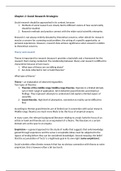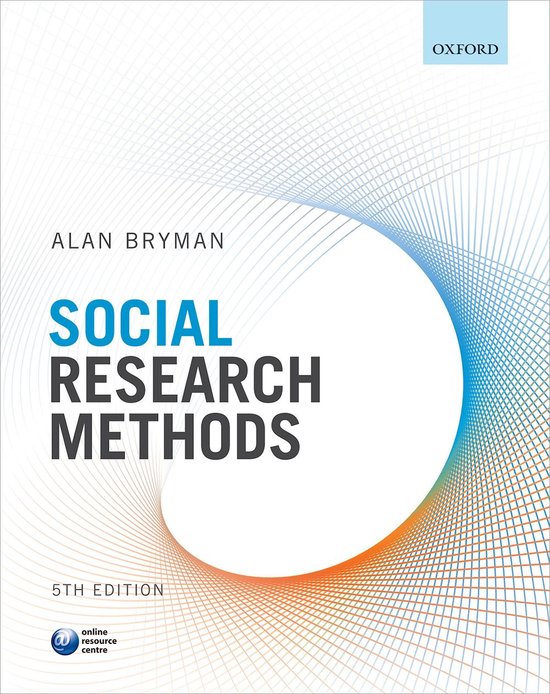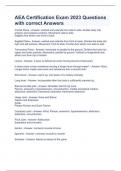Samenvatting
Summary Social Research Methods - Bryman, Chapter 2, 10, 11, 24, 18, 20, 21
- Instelling
- Rijksuniversiteit Groningen (RuG)
Samenvatting van de relevante hoofdstukken uit 'Social Research Methods' (4e editie) van Alan Bryman voor het vak 'Analysing Media Production and Use'. Ze staan in het document in de volgorde waarin ze voor het vak geleerd moeten worden.
[Meer zien]







